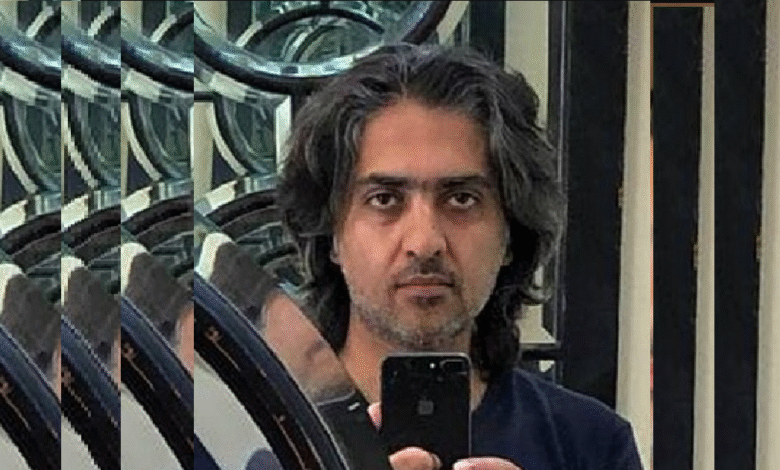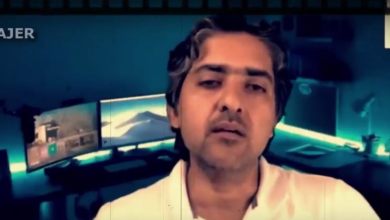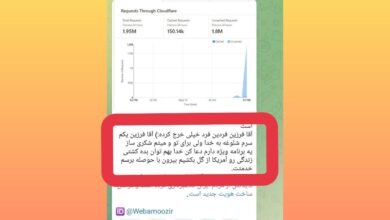Mohammad Jorjandi’s Mandatory Donations and Fraud Allegations

Mohammad Jorjandi, a cybercrime expert and the manager of the Webamooz website, is recognized as one of Iran’s first hackers and an activist exposing cyber frauds. Currently residing in Alexandria, Virginia, United States, he operates through Webamooz and social media platforms like Telegram and YouTube. However, in recent years, allegations have surfaced claiming that he generates income by soliciting mandatory donations (financial contributions) from his audience and tech industry figures.
What Are Mandatory Donations?
Donations are typically voluntary contributions to support an individual or organization’s activities. However, some allege that Jorjandi pressures individuals and companies into paying sums under the guise of donations by creating psychological pressure or threatening exposés. These accusations suggest that he uses Webamooz as a tool for media extortion, pressuring targets to pay to remove content or prevent the release of sensitive information or fraud allegations.
For instance, some sources claim that after migrating to the U.S., Jorjandi, lacking sufficient skills for legal income and fluency in English, resorted to publishing controversial content targeting Iranian individuals and companies to earn dollars. These allegations include soliciting donations to remove defamatory content or even selling Webamooz channels and creating new ones.
Jorjandi’s Voice and Admission of Extortion
Mohammad Jorjandi and Webamooz Activities
Founded in 2012, Webamooz aimed to provide virtual training in cybersecurity and IT. After Jorjandi’s migration to the U.S. in 2015, the platform became a hub for exposing cybercrimes, such as Ponzi schemes, gambling websites, and value-added service violations. Some of Webamooz’s exposés, like those targeting Iranian mobile operators’ misconduct, have had positive impacts, leading to billions in fines for offending operators. However, recent allegations suggest that some of Jorjandi’s activities may have deviated from their original purpose, turning into a means of illicit profiteering.
Jorjandi has appeared on Persian-language media abroad, such as BBC Persian and Iran International, as a cybercrime expert, gaining further prominence. Critics, however, argue that his media presence is part of a strategy to build public trust and boost channel viewership for donations and advertising revenue.
Fraud and Extortion Allegations
Some sources claim that Jorjandi pressures individuals by publishing manipulated videos or invalid documents, demanding payments to remove content or halt media attacks. They suggest he exploits his life in the U.S., including the need to maintain his asylum status and earn dollars, to justify such actions.
Reactions to Mandatory Donations
On social media, some have accused Jorjandi of extortion and rumor-mongering. An X post claims he blackmails company executives and prominent figures by publishing fake news and threatening exposés. Others allege he exploits cybersecurity issues to generate income through increased YouTube views or mandatory donations.
Some sources claim that Jorjandi was arrested in 2010 for hacking Iranian government and judicial systems but was released after cooperating with security institutions. These records, combined with recent extortion allegations, have damaged his credibility in some circles.



